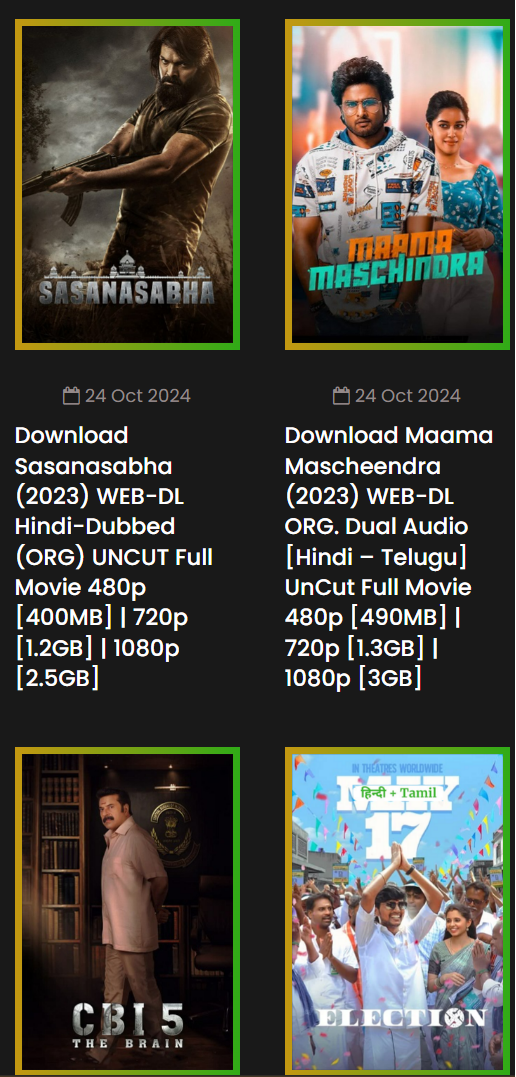Created by Ishita Moitra, “Call Me Bae” is Prime Video’s latest attempt at showcasing ‘women telling women stories,’ following other recent releases like “Big Girls Don’t Cry” and “Sharmajee Ki Beti.” These series aim to explore the challenges women face in India as they navigate a patriarchal society. While there’s a clear effort to highlight the everyday struggles of women and their journeys toward self-discovery, the execution often feels disjointed.
The characters, including Bella Chowdhurry, played by Ananya Panday, seem more like vessels for various ideas rather than fully realized individuals. Bella comes from a wealthy family, overshadowed by her brother’s expected role as the heir, and is heavily influenced by her mother’s insecurities. However, the script often feels cluttered, making it hard for viewers to connect with the characters on a deeper level. Director Collin D’Cunha tries to bring these stories to life, but the series often feels like it’s trying too hard to deliver a message without crafting memorable scenes that resonate. While the show has potential, it ultimately struggles to create a cohesive narrative that truly engages the audience.
If you want to expand on the review of “Call Me Bae,” you could delve deeper into specific character arcs or discuss how the show’s themes resonate with contemporary issues faced by women in India. You might also want to analyze the cinematography or soundtrack, as these elements can greatly enhance or detract from the storytelling. Additionally, you could explore comparisons with other similar shows or films that tackle women’s narratives, highlighting what “Call Me Bae” does differently, whether positively or negatively. This could provide a more rounded critique and give readers a clearer understanding of the show’s place within the larger context of women’s storytelling in media.


